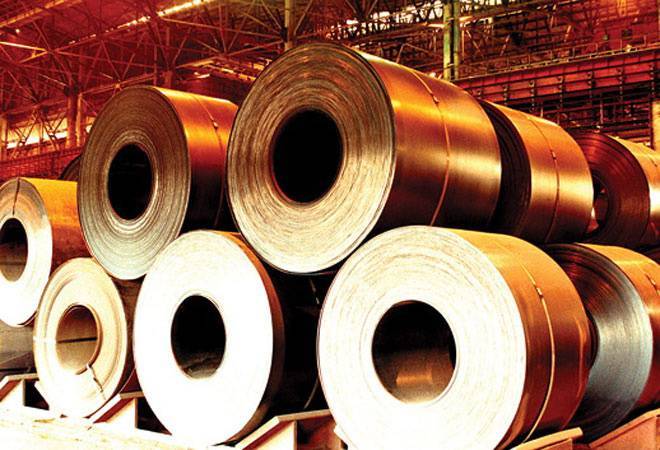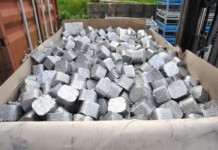India has a major challenge of decarbonizing its manufacturing industry but with green hydrogen emerging as a viable proposition, the country could skip this painful and expensive path.
A new study by The Energy and Resources Institute (TERI) suggests measures to decouple the growth of the iron and steel sector from rising carbon emissions by making green hydrogen an important part of steel manufacturing.
India has announced ambitious ‘hydrogen mission’ in its latest budget. In India, the iron and steel sector is set to be the largest consumers of green hydrogen.
In this backdrop, the study ‘Green Steel through Hydrogen Direct Reduction: A study on the role of hydrogen in the Indian Iron and Steel sector’ provides a techno-economic analysis of the Hydrogen Direct Reduction process, outlines the potential of green hydrogen technologies, and discusses the suitability of this technology in the Indian context. The study is a joint effort by TERI, Primetals Technologies Austria GmbH, Austria, and Siemens India
According to the study, one of the leading technology options is using low or zero carbon hydrogen as a reducing agent in a direct reduction (DR) plant and subsequently such low or zero carbon power for the electric arc furnace (EAF), to allow the production of green steel.
Currently steel production via the DR-EAF route based on hydrogen is more expensive than the conventional steelmaking routes. The path to cost-competitiveness for “hydrogen steelmaking” can be accelerated by broader action around the production of hydrogen, as well as supportive climate policy, the study says.
The study recommends proactive collaboration between companies and government for hydrogen steelmaking to reach its potential of drastically reducing CO2 emissions from primary steelmaking in India
For this to happen, complementary actions are required to ensure that demand for low carbon products is established, as support is given to green steel production.
The environmental burden of steel is growing, and it will take a revolution in steelmaking technology to reduce its carbon intensity. Hydrogen may definitely be an answer provided other issues, such as its efficiency, cost are addressed. Syn gas may be cheaper and for the time being it can be a substitute, but we have to get to the DRI route so that in future, hydrogen can be brought in to move towards zero emission, said Dr Mukesh Kumar, Director, Steel Research & Technology Mission of India, under the Aegis of Ministry of Steel.
Like its global compatriots, the steel industry in India is facing the challenges of reducing carbon emissions and improving energy as well as resource efficiency. Hydrogen steelmaking has the potential to drastically reduce carbon emissions from iron and steel sector, said Dr Vibha Dhawan, Director General, TERI.
Green Steel Still Expensive
Green steel production today still costs a lot. In developing countries like India there is a disadvantage as the carbon price is still not readily available. In India we are not there at this point. However, the technology is available, as described in the study, and that is a starting point, added Gerd Deusser, Executive Vice President, Head-Energy, Siemens Ltd.
With stakeholder cooperation, governmental push for research and development, along with policy initiatives promoting green steel production, India’s efforts to decarbonise this hard-to-abate sector can become a reality.
The study also suggests actions for ‘supply push’ and ‘demand pull’ to be taken by governments and business. For providing a supply push, it recommends access to natural gas/syngas, demonstration plants, large-scale green finance, emissions penalty on production, and transition support for small-scale plants on the supply side. On the demand side, it suggests green product standards, corporate buyers’ clubs, and public procurement.
Read policy brief here: https://bit.ly/3z1TNJ6
The Energy and Resources Institute (TERI) is an independent, multi-dimensional organisation, with capabilities in research, policy, consultancy and implementation. It has pioneered conversations and action in the energy, environment, climate change, and sustainability space for over four decades.











